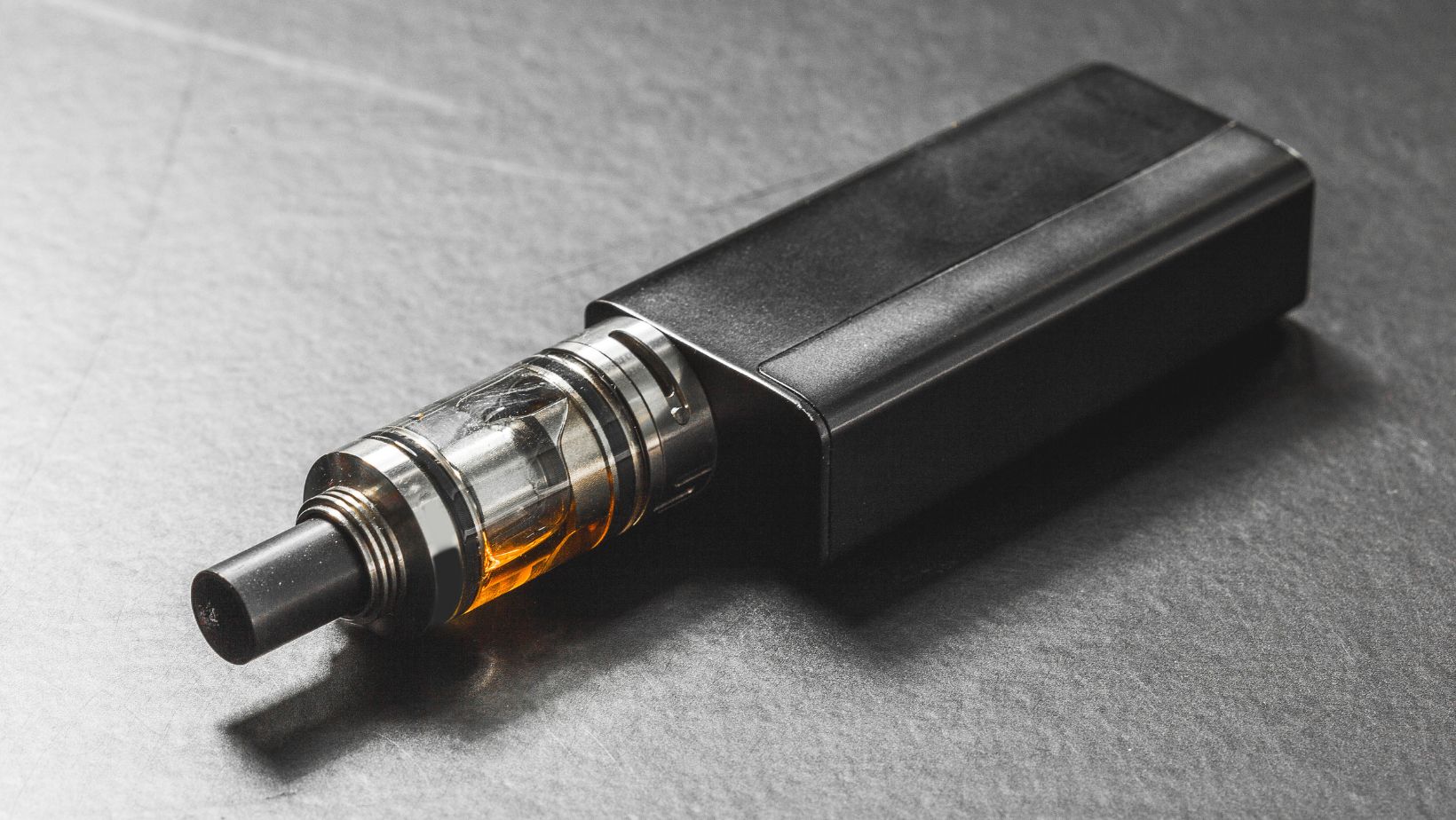Are salt nic vapes bad for you? This question has sparked debates among health enthusiasts and vape users alike. As the popularity of vaping continues to rise, concerns about the potential health effects of salt nicotine e-cigarettes have come to the forefront. In this article, we take a closer look at the impact of salt nic vapes on your health.
With the market flooded with various vaping products, understanding the differences between traditional e-cigarettes and salt nicotine vapes is crucial. While many people turn to salt nic vapes as an alternative to smoking, questions remain about their long-term effects. By delving into the science behind salt nicotine e-liquids and their potential implications, we aim to provide clarity on this controversial topic.
Comparing Salt Nicotine and Freebase Nicotine
Delving into the realm of nicotine delivery systems, it’s essential to distinguish between salt nicotine and freebase nicotine variants.
The fundamental contrasts lie in their chemical compositions and how the body responds to each type.
Salt Nicotine:
- Salt nicotine, commonly found in salt nic devices, is created by combining nicotine with certain acids, often benzoic acid.
- This formulation allows for a smoother vaping experience even at higher nicotine concentrations, making it more appealing to individuals transitioning from traditional cigarettes to vapes.
Freebase Nicotine:
- Freebase nicotine, the standard form of nicotine used in traditional e-cigarettes, is in a purer state without the addition of acids.
- Users may experience a harsher throat hit at higher nicotine levels with freebase nicotine compared to salt nicotine.
Research Insights:
- Recent studies have examined the impact of salt nic vapes versus freebase nicotine vapes on users.
- One study suggested that salt nicotine e-liquids may lead to higher nicotine intake levels due to the smoother throat hit, potentially increasing the risk of addiction.
- Another research indicated that freebase nicotine vapes might deliver nicotine more efficiently to the bloodstream, offering quicker effects compared to salt nicotine device.
Overall Comparison:
- While salt nic vapes are popular for their ability to deliver high nicotine levels with minimal throat irritation, freebase nicotine vapes are known for their faster nicotine delivery to the bloodstream.
- Understanding the differences between these nicotine formulations is crucial for users to make informed choices based on their preferences and nicotine intake requirements.
By analyzing the distinctions between salt nicotine and freebase nicotine, users can navigate the array of nicotine delivery options available in the vaping market, ensuring that they choose products aligning with their preferences and needs.
Health Risks Associated with Nic Salt Vapes
Bronchitis from Vaping
One notable health risk associated with salt nicotine vapes is the potential development of bronchitis, specifically the condition known as “popcorn lung” or bronchiolitis obliterans. This inflammatory obstruction affects the small passages of the lungs, leading to blockages in the airways and scarring caused by chemicals and respiratory viruses. Popcorn lung is linked to the presence of diacetyl in certain e-cigarette products, highlighting a concern for those using salt nicotine devices.
Risks of Lipoid Pneumonia
Another significant risk stemming from vaping, especially with salt nicotine devices, is the potential for developing lipoid pneumonia. This condition occurs when lipids, such as fats and oils, enter the lungs, causing inflammation and fluid accumulation.

The oils used in e-cigarette juice can contribute to the development of lipoid pneumonia, emphasizing the importance of understanding the risks associated with vaping using salt nicotine.
Danger of Collapsed Lung
The danger of a collapsed lung is a concern for individuals using salt nicotine vapes. Collapsed lungs occur when there is an excess of air in the space between the lungs and the chest, potentially leading to the bursting of air blisters on the lung’s upper part. Smoking and vaping can increase the likelihood of these blisters bursting, despite them usually being harmless. Understanding the risk of a collapsed lung is essential for users of salt nicotine devices to make informed decisions about their vaping habits.
Analyzing the Severity of Salt Nic Vapes
Research examining the impact of salt nicotine devices on health has raised concerns regarding the potential risks associated with their usage. Studies suggest that while salt nicotine vapes provide a smoother vaping experience, they may also lead to increased nicotine intake levels compared to freebase nicotine. This higher nicotine consumption can elevate the risk of addiction among users, posing significant health concerns.
Furthermore, recent research has underscored several specific health risks linked to salt nicotine devices. These risks include the development of bronchitis, commonly referred to as “popcorn lung,” a condition characterized by inflammation of the bronchioles. Additionally, there have been reported cases of lipoid pneumonia associated with the use of salt nicotine vapes. Lipoid pneumonia occurs when lipids or fats enter the lungs, leading to respiratory distress and potential long-term complications.
In more severe cases, the use of salt nicotine vapes has also been linked to the risk of a collapsed lung, a serious condition that requires immediate medical intervention. The evolving landscape of vaping products, particularly salt nicotine devices, calls for a thorough understanding of the potential health implications they may pose to users. It is crucial for individuals to stay informed about the associated risks and make informed decisions regarding their vaping habits based on available research and findings.
Common Questions About Salt Nic Vapes
While salt nicotine vapes offer a smoother vaping experience, users should be aware of the potential risks associated with higher nicotine intake levels. Recent studies have shed light on health concerns linked to salt nicotine vapes, including bronchitis, lipoid pneumonia, and the risk of a collapsed lung. It’s essential for vapers to understand these health implications in order to make informed decisions about their vaping habits. Stay informed and prioritize your health in the rapidly evolving landscape of vaping products.
The post Are Salt Nic Vapes Bad For You? A Closer Look appeared first on Spring Hill Med Group.



